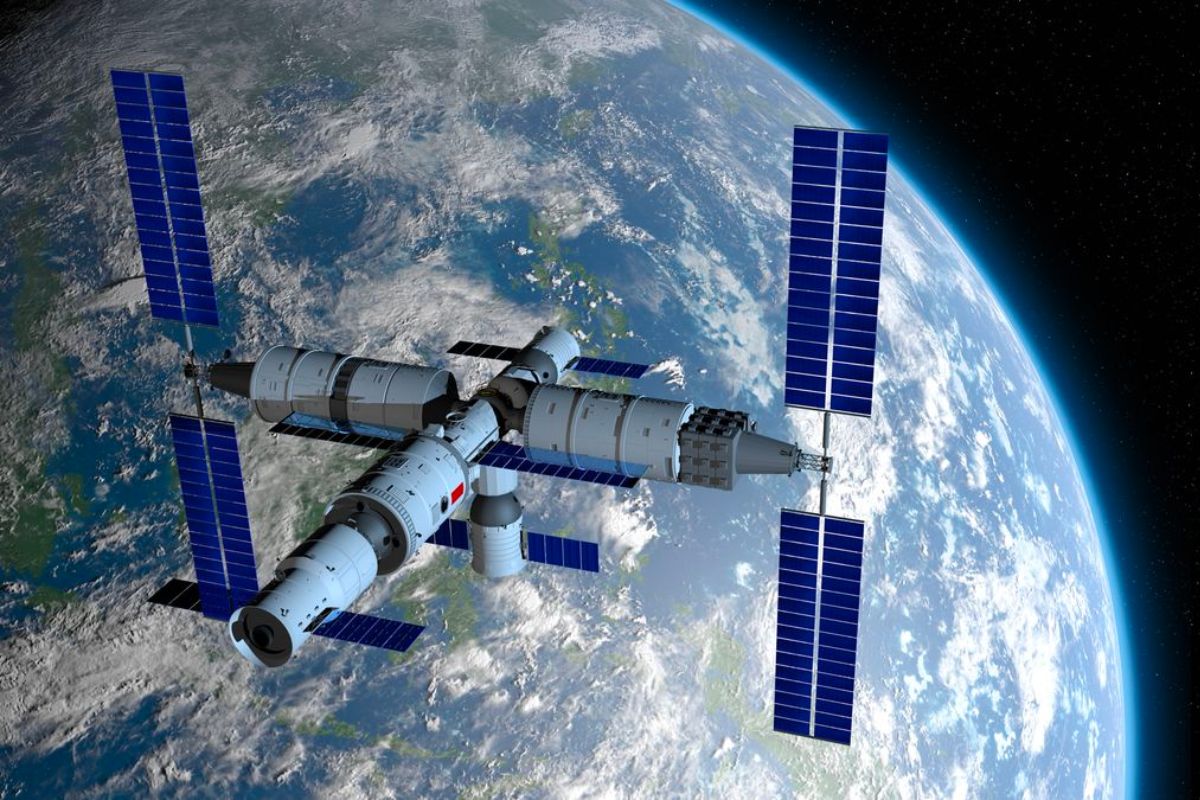A Chinese area truck has supplied human bone cells to the Tiangong spaceport station for on-orbit research study.
On January 17, the Tianzhou 7 freight spacecraft was launched into room making use of a Lengthy March 7 rocket from Wenchang Satellite Release Facility. In a little over three hours, it efficiently got to the Tiangong space station. Amongst the products it brought, weighing around 12,350 extra pounds (5,600 kilograms), were over 60 experiments. These experiments consisted of the visibility of human bone cells which would certainly be utilized for studying bone mineral thickness.
The fast growth of the cells demanded thge setup of the experiment quickly prior to launching in order to optimize their task bedore they reach their ability. The development of their growth will certainly be carefully observed and the information will certainly be returned to Planet for evaluation.
“Our speculative equipment precede will certainly guarantee the physical and chemical conditions for cell society like the substitute of nutrient liquid and the gas for bone cells,” Shang Peng, a teacher at the Northwestern Polytechnical College, told CCTV.
“It also lugs a fluorescence microscope and average light microscope to check the growth of the cells. Some of this information will certainly be videotaped and transferred to the Earth for analysis in real time and in the future.”
Astronauts in orbit are instructed to exercise for hours each day to help prevent the bone loss related to living long-lasting in a microgravity environment.
Shang mentioned thgat participating in this task can successfully strengthen theri skeletal muscular tissues and stop any loss of bone.
This research, which is likewise being accomplished in collaboration with researchers from different nations, has the possible to result in enhanced techniques for attending to bone loss issues both on Earth and in space.
“We will do additional projects in the procedure stage of China’s space station. Based upon these, we will certainly establish pertinent medicines and evaluate them. They will certainly not just assist taikonauts in space but likewise human beings on the Planet, especially the senior. This will be very purposeful,” claimed Wang Jinfu, professor with the Zhejiang University in eastern China.
In 2017, China’s Tianzhou 1 goal was introduced as an experimental cargo and refueling mission for the Tiangong 1 space laboratory. This objective included the transport of stem cells, giving an one-of-a-kind chance for carrying out examinations of this nature.
Having the Tiangong spaceport station in its functional phase– with the Tianhe core component recently passing 1,000 days in orbit– indicates more and regular chances for China’s science community to perform clinical experiments precede.
